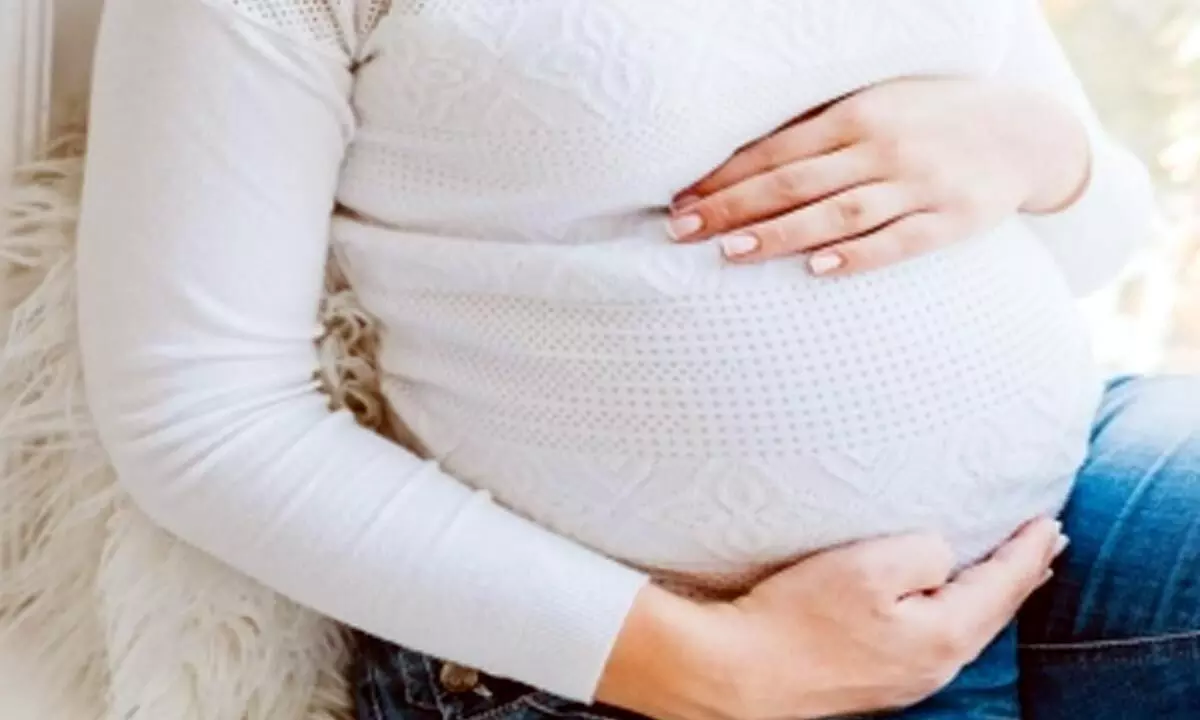Just In
Covid vax leads to higher antibody levels in pregnant women, babies


Covid vax leads to higher antibody levels in pregnant women, babies
Pregnant women, who received one of the mRNA Covid-19 vaccines, had 10-fold higher antibody concentrations than those who were naturally infected with Covid virus, a finding that was also observed in their babies, according to a new study.
New York: Pregnant women, who received one of the mRNA Covid-19 vaccines, had 10-fold higher antibody concentrations than those who were naturally infected with Covid virus, a finding that was also observed in their babies, according to a new study.
The study by researchers at Children's Hospital of Philadelphia (CHOP) and the University of Pennsylvania in the US, published in JAMA Network Open, also found that vaccine timing played an important role in maximising the transfer of antibodies, with antibodies detected as early as 15 days after the first vaccine dose and increasing for several weeks after.
"These findings suggest that vaccination not only provides robust protection for mothers during pregnancy, it also provides higher concentrations of antibodies to babies than Covid infection," said Dustin D. Flannery, an attending neonatologist at Children's Hospital of Philadelphia and Assistant Professor of Paediatrics at the University of Pennsylvania.
"Given that pregnancy is a risk factor for severe Covid-19, this study suggests pregnant people should prioritise getting vaccinated to protect themselves and their babies," Flannery added.
Of the 585 pregnancies, the team identified 169 patients who had been vaccinated but never infected and 408 who had been infected but not vaccinated.
They found that antibody levels among vaccine recipients were approximately 10- times higher than in people who had been naturally infected.
The researchers detected IgG antibodies to SARS-CoV-2 virus in the cord blood from more than 95 per cent of newborns (557 of 585) in the study.
"Our study suggests that time from infection or vaccination to delivery was the most important factor in transfer efficiency, and these findings can inform optimal Covid-19 vaccination strategy during pregnancy," said senior author Karen M Puopolo, Chief of the Section on Newborn Medicine at Pennsylvania Hospital.

© 2024 Hyderabad Media House Limited/The Hans India. All rights reserved. Powered by hocalwire.com






